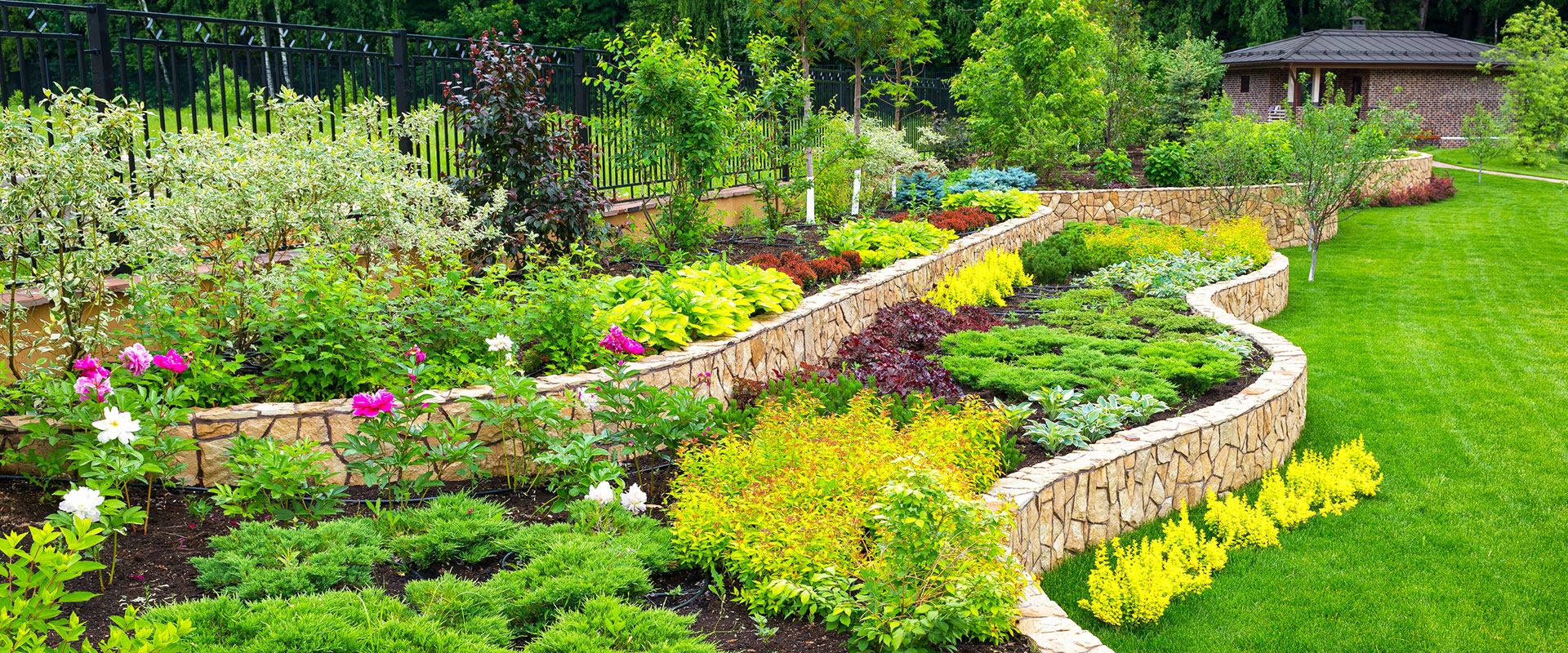
With the temperatures starting to dip and winter on the horizon, it’s time to talk about an often overlooked aspect of our yards: the sprinkler system.
Winter can be hard on a sprinkler system, especially if it’s not properly prepared. While Georgia doesn’t experience the deep freezes of the northern states, our temperatures can still get chilly enough to cause damage to unprepared systems. Here’s a guide from our team at Everlast Lawns & Landscapes to ensure your sprinkler system remains in top condition throughout the winter months.
1. Turn off the water supply.
Before winter really sets in, it’s important to shut off the main water supply to your sprinkler system. This prevents water from freezing within the pipes, which can cause them to burst.
2. Drain the system.
Once the water supply is off, you’ll need to ensure all remaining water is drained from the pipes, valves, and sprinkler heads. There are several methods for draining:
- Manual Drain Method: Open all the drain valves and allow water to drain out of the mainline. Turn off each valve once it stops draining.
- Automatic Drain Method: Some systems have automatic drain valves that open when the pressure gets below a certain point. Simply turn off the main water supply and the valves will take care of the rest.
- Blow-out Method: This involves using an air compressor to blow out any remaining water. If you’re unfamiliar with this method, we recommend calling a professional to avoid damage to your system.
3. Insulate any exposed components.
While most sprinkler components are buried, any parts that are exposed should be insulated to protect them from the cold. Use foam insulating tape or tubes to protect these vulnerable components.
4. Inspect and replace damaged parts.
This is the perfect time to inspect your system for any wear or damage. Check the sprinkler heads, valves, and pipes. If you find any damaged components, replace them now so that you’re ready to go when spring arrives.
5. Protect and insulate the main shut-off valve.
The main shut-off valve for your sprinkler system is an essential component. Ensure it’s insulated properly. If it’s located in a below-ground pit, ensure that the pit’s lid is secure and that there are no gaps for cold air to enter.
6. Keep an eye on the forecast.
While Georgia isn’t known for harsh winters, we can get the occasional cold snap. If the forecast predicts unusually low temperatures, consider adding extra insulation or even temporary covers over exposed components.
7. Winterize the controller (timer).
Most controllers have a “rain mode” which shuts off the signals to the valves. The controller continues to keep time, the programming information isn’t lost, and the programming schedule remains intact. This is preferable to unplugging or depowering the controller as it means you won’t have to reprogram everything in the spring.
8. Avoid foot traffic over the ground where the sprinkler lines are located.
When the ground is frozen, it becomes more susceptible to damage. Try to avoid walking or placing heavy objects in areas where you know the sprinkler lines are, to prevent any damage.
Let Our Experts Help
While Georgia winters might be mild compared to other states, they still pose potential problems for sprinkler systems. A little preparation can save you a lot of trouble and money in the spring. We at Everest Lawns & Landscapes wish you a splendid winter season and are always here to help with all your landscaping needs!
Posted on behalf of
4315 Summerwood Drive
Cumming , GA 30041
Phone: (770) 480-2695
Email: everlastlawns@aol.com
Monday – Friday: 8:00 AM – 5:00 PM
Saturday, Sunday: Closed


